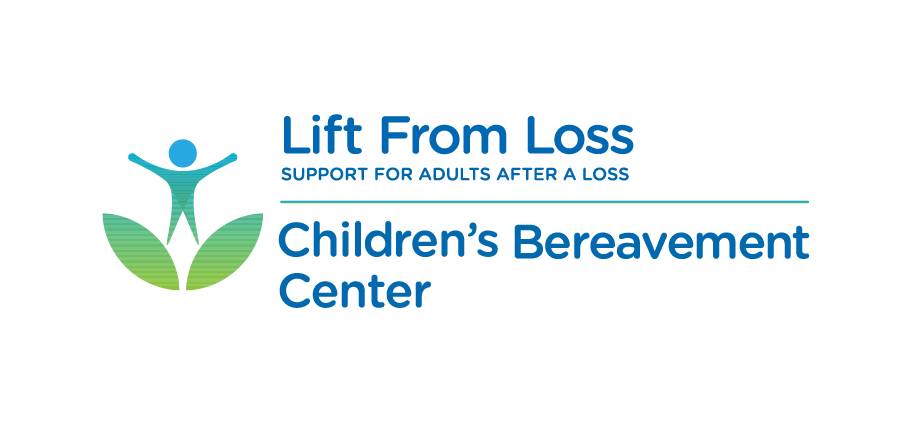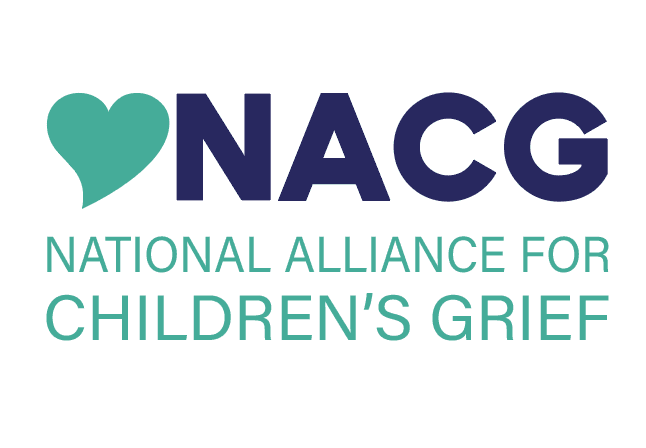
The beginning of a new school year can be stressful and overwhelming for children, families, teachers, and counselors. Adding the challenges of COVID-19 can complicate an already difficult transition. It is important to acknowledge that this school year will be very different from the previous years. For a grieving child, there are already feelings of grief and loss due to the death of a loved one. Now with new changes to schooling, additional feelings of grief and loss can be expected. Despite this, there are some tips that can help you to be present and supportive to a grieving child during these unfamiliar times.
Communicating – Making yourself available to have an open, clear and judgement free conversation is key when encouraging children to express their thoughts and feelings about returning to school in a non-traditional setting after a loss. Even if a child does not communicate with you in the moment, simply making yourself available can encourage them to come to you in the future.
Validating Emotions – Grief can lead to varied and complicated emotions for children and teens expressed in different ways. Validating these emotions and acknowledging that they come from a place of mourning can help children feel supported during this moment. This may mean having more of a listening ear, taking into account aspects of non-verbal communication that may show moments of distress and maintaining an ongoing conversation between parents, teachers, and counselors about a child’s needs.
Creating Structure – Due to many schools starting this year using a virtual platform, the structure provided in a physical school setting can look very different at home. Children benefit from being able to count on some routines staying the same after a loss. Creating a consistent and clear schedule where they can attend classes and complete necessary school work is crucial. It’s also important to incorporate time to decompress, moments to socialize with friends and time for any therapy or support groups the child may be attending. Of course, maintaining a level of flexibility can help manage unexpected moments.
Acknowledge Feelings of Isolation – Like many adults, children are experiencing feelings of isolation during this time. School friends provide a source of emotional and social support for grieving children. The inability to socialize with them in a physical school setting can make children feel disconnected and displaced from their friend group. Allowing children to socialize with friends can help them return to some sense of normalcy and decrease feelings of loss. If possible, this can be done virtually by having “social breaks” before or after class time. Parents can take the lead on this by creating virtual meetings for their children. If families decide to socialize in person, make sure to follow social distancing and safety guidelines.
Providing Space – With the exception of activities that may be emotionally or physically harmful, it is important to allow children to take some alone time when feeling overwhelmed. This is especially relevant considering families may now be spending more time together than usual. In a virtual school setting, parents and school professionals can have a conversation to determine how this can be done when children are feeling overwhelmed during class without necessarily calling too much attention to the child.
Grief and You – A new school year means more time and energy dedicated to a child and their education. Whether you are a grieving parent or school professional with the intention to support grieving families, it is important to understand your own experience with grief. Just as children need space for their grief, so do parents. There is no shame in seeking out support for oneself and creating space to heal, and for some parents, this is crucial. For teachers and counselors, exploring your experience with loss and reactions to grief can help you gain personal insight and identify areas of potential growth to become a better source of support to grieving students.
These a few suggestions on how to manage transitioning into this new and different school year for families after a death. Try to be open to exploring different resources that are available to help you better understand and process grief. The Children’s Bereavement Center continues to hold free grief support groups virtually for children, teens, and adults each week. Joining our free grief groups can provide another level of support during these unfamiliar times. To register or learn more, feel free to call our intake line at 888-988-5438 or email us at intake@childbereavement.org.








